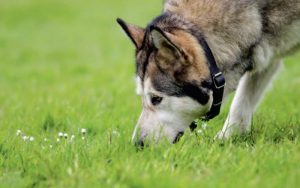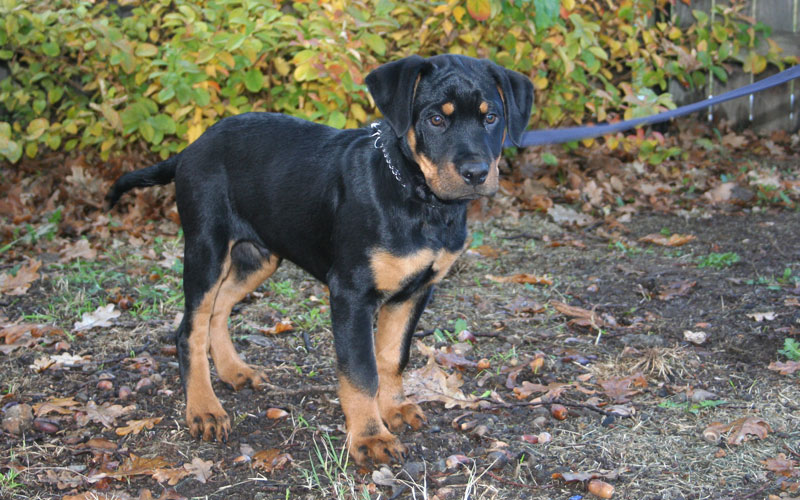It’s a messy job, but someone’s gotta do it! Carrol Baker explains the key ins and outs of toilet training your pup.
Toilet training. Two little words that can strike fear into the hearts of new puppy owners. It can be frustrating cleaning up little accidents after your puppy but with a little patience, the right attitude and some training techniques, your new puppy will eventually master toilet training.
When you begin, it’s important to accept there might be the occasional slip-up. After all, your puppy is still a baby. Every puppy is different; some will catch on faster than others.
Let’s go pee pee
The first step in toilet training is to give your puppy plenty of opportunities to go to a puppy-proof area you have prepared in advance. Dr Robert J Holmes, veterinarian and animal behaviourist, says the first step in toilet training your puppy is deciding what area you want your puppy to toilet in. “Preferably an area where there is long grass, a significant structure, like a tree or fence — and, if possible, pick an area where other dogs have been — that’s what happens in the wild,” he says.

Lots of potty breaks
Puppies, just like babies, are little peeing and pooping machines. In it goes and out it comes, unlike adult dogs who can “hold it” for longer periods. “Puppies need access to their toilet every couple of hours initially,” Dr Robert says.
Remember that your puppy only wants to please you so if you find yourself stepping intoa squishy pile of puppy poop, don’t punish your puppy or yell at her. After all, it was an accident. If you do, you’ll only frighten your puppy and she won’t go to the toilet in front of you. “Don’t ever rub your puppy’s nose in it,” Dr Robert cautions. “It’s an act of nastiness that will lead to your puppy doing sneaky wees or sneaky poohs, behind the couch or in another room.”
Clean-up time
“Dogs have a very sensitive sense of smell, which is why you need to thoroughly eliminate the odour of the urine or faeces — not just maskit,” Dr Robert says. For carpeted areas, the urine soaks in and will spread underneath; sometimes the wetness can be three times larger than it appears on the surface. There are quality products that can neutralise or gobble up the odour, or you can use a baking soda solution (one tab of baking soda in 1L of water).
Crate training
If you are crate training your puppy, this can help with toilet training. “Dogs don’t foul their nests in the wild, so your puppy won’t want to go there,” Dr Robert says. Puppies can’t “hold it” for long, so you may want to wake and take your puppy outside at night to give him the opportunity to relieve himself.
Get more puppy training tips in PETS magazine here.


Leave a Reply